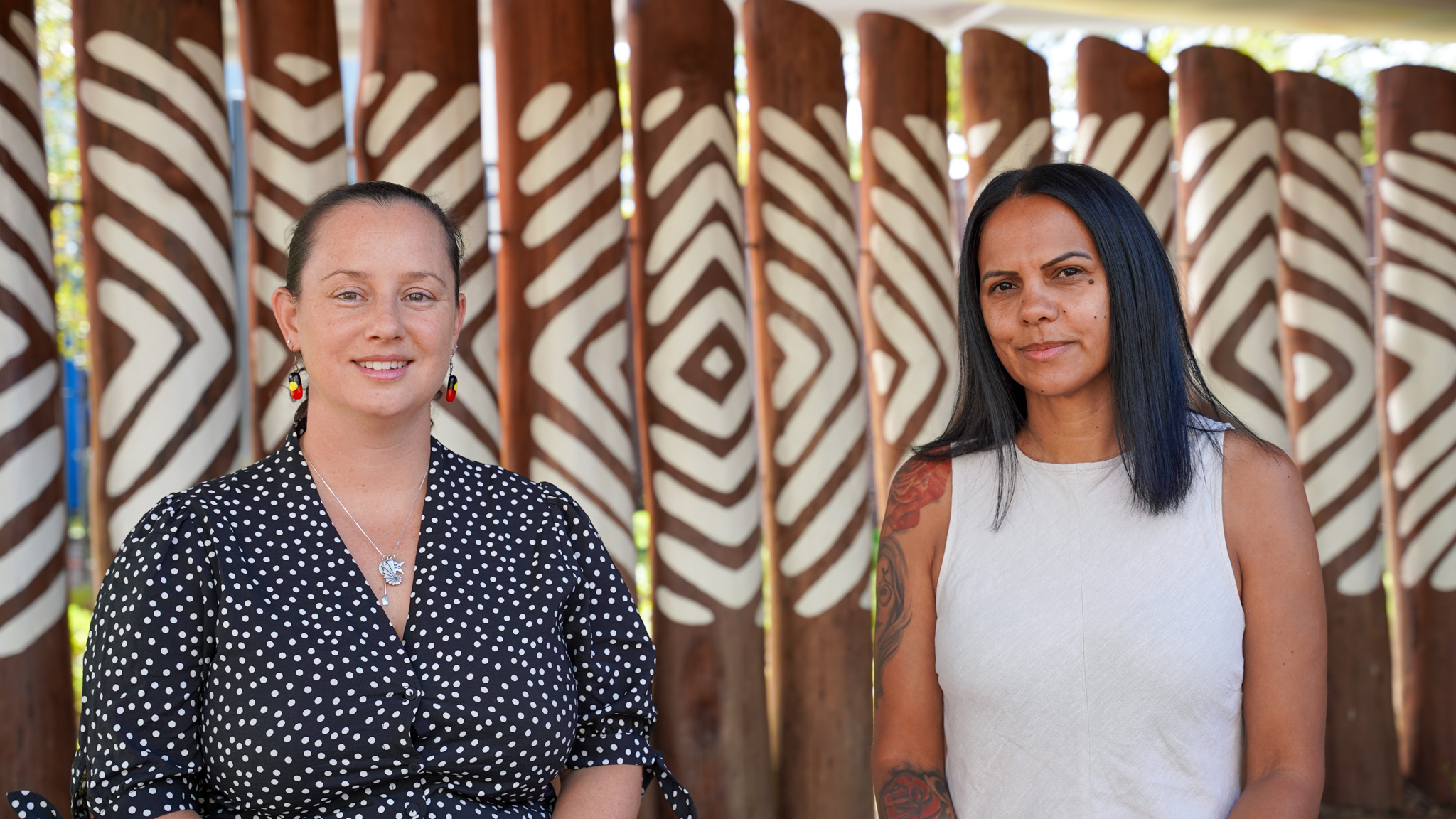Search
In T-cell acute lymphoblastic leukemia (T-ALL) cytogenetic alterations juxtapose the LIM-domain-only-2 gene (LMO2) with T-cell receptor loci.
Paediatric cancer is the leading cause of disease-related death in Australian children. Limited research focuses on cancer in Aboriginal and Torres Strait Islander children. Although there appears to be a lower incidence of cancer overall in Aboriginal and Torres Strait Islander children compared with non-Indigenous children, a high proportion of Aboriginal and Torres Strait Islander children are diagnosed with acute myeloid leukaemia.

A first of its kind research program at The Kids Research Institute Australia aims to develop new strategies to better treat Aboriginal and Torres Strait Islander children with cancer.
Our case demonstrates that AML therapy, without HSCT, can be sufficient to treat this rare disease in children.
In this sub-study, we aimed to investigate factors that may have influenced study participation and completeness of survey completion.
Increased risks were observed for maternal exposure to diesel exhaust any time before the child's birth and paternal exposure around the time of the child's...
The evidence that accelerated fetal growth is associated with a modest increased risk of childhood ALL is strong and consistent with known biological...
The hallmarks of many haematological malignancies and solid tumours are chromosomal translocations, which may lead to gene fusions.
This Australian case-control study of CBT investigated whether exposures to pesticides before pregnancy, during pregnancy and during childhood, were...
Medulloblastoma (MB) is the most common type of malignant childhood brain tumour.
